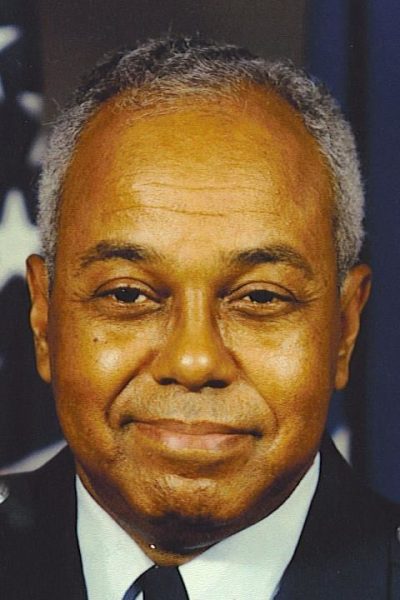
On Sept. 4, 2025, the nation lost a civil rights icon, Maj. Gen. Joseph McNeil, one of the legendary Greensboro Four, died at age 83. His legacy is inseparable from the spirit of A&T, where as a freshman in 1960 he courageously sat at a whites-only Woolworth’s lunch counter, sparking a wave of sit-in protests across the South.
N.C. A&T stated, “His leadership and the example of the A&T Four continue to inspire our students today,” stressing that the ideals they embodied being courage, nonviolent resistance, and justice are still cornerstones of the A&T community.
For modern students, McNeil’s passing isn’t just historical news, it feels deeply personal. His actions transformed N.C. A&T from a place of learning to a launching pad for national change. The sit-in wasn’t merely a moment in time; it marked the arrival of student power and moral clarity. His recent attendance at the 65th anniversary of the sit-in, despite health challenges, highlights his unwavering connection to campus life.
At N.C. A&T today, McNeil’s presence is palpable:
- The February One Monument, standing in the heart of campus, immortalizes McNeil and his fellow activists as their march began.
- Their sit-in inspired broad civil rights gains like the SNCC (Student Nonviolent Coordinating Committee) and several landmark laws like the 1964 Civil Rights Act and the 1965 Voting Rights Act.
- The university continues to honor their legacy through education, public history, and student leadership initiatives.
Reflecting through family and community, the passing of Maj. Gen. Joseph McNeil feels especially personal to those who knew him not only as a civil rights leader, but as a mentor of their extended family. Frank McCain, current president and CEO of United Way of Greater Greensboro, offered a moving tribute.
“General Joseph McNeil was more than a civil rights icon—he was family. As my father’s friend, brother, and fellow A&T Four member, he stood shoulder to shoulder in courage and conviction. His passing marks the loss of a hero, but his spirit and legacy will live on in the lives he touched and the history he helped change. I am privileged to have known him and to be able to call him Uncle Joe.”
McCain’s words reflect the deep personal and historical bond shared by the families of the Greensboro Four which proves bonds that now extend to the broader Aggie community.
Ultimately, McNeil’s death is not just a loss, but it is a call to action. His legacy is not confined to textbooks or statues. It lives in the way students advocate for justice, support their communities, and uplift each other. For N.C. A&T, his spirit is woven into the campus fabric; in the classrooms, on the sidewalks, and in every bold stand taken in the face of inequality. Joseph McNeil may have left this world, but at N.C. A&T he lives on.






